Ovarian cancer is rare, accounting for just 1.3% of new cancer cases in the U.S. However, Johnson & Johnson, a pharmaceutical company worth an estimated $70 billion, is paying millions of dollars in damages to plaintiffs across the country that allege the company’s talcum powder and bathing products caused their ovarian cancer.
In February 2016, a family from Alabama was awarded $72 million after successfully bringing their case against Johnson & Johnson to trial in St. Louis. A few months later, Johnson & Johnson lost another $55 million lawsuit to a South Dakota woman who blamed the company for her ovarian cancer.
A Louisiana woman recently came forward with similar claims. Shintelle Joseph says she’s been using the product for 10 years and was recently diagnosed with ovarian cancer.
According to The American Cancer Society, talc is listed as a risk factor, but not explicitly, or without reservation. There are many contradictory studies regarding the regular use of talc, the best of which doesn’t make any certain claim one way or the other, and therein, lies the problem.
The Louisiana Lawsuit Abuse Watch (LLAW), a nonprofit group based in Baton Rouge dedicated to stopping lawsuit abuse, believes there’s something else at work here. The organization is drawing awareness to the fact that without conclusive scientific evidence, Joseph’s case, along with similar ovarian cancer cases against Johnson & Johnson, may incite unsubstantiated fear and overburden our community’s legal resources.
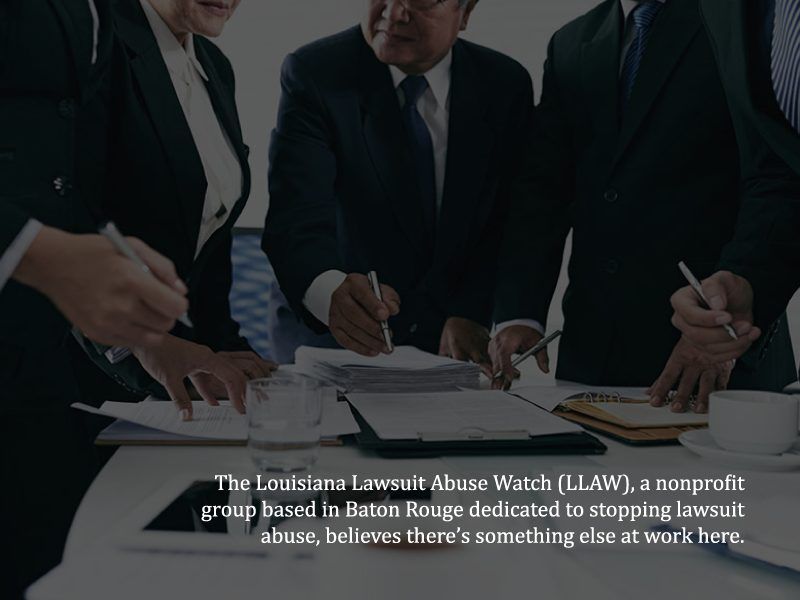
However, victims of unsafe consumer products, negligence, or defective drugs must have a voice and access to a defense if we are to hold corporations accountable for their actions. Louisiana has a questionable history of judicial access (see our story on Glenn Ford), so it’s important that we protect all of our citizens, especially the most vulnerable members of our society.
Louisiana needs skilled personal injury lawyers to help victims put their lives back together after an accident or injury, but we should approach these opportunities without the use of controversial tactics.

Aside from congesting the Louisiana court system, dubious personal injury claims have an impact on our state and economy. We need to help victims get back on their feet but without stagnating growth and development. In addition, dubious cases are vulnerable to being overturned by appellate courts.
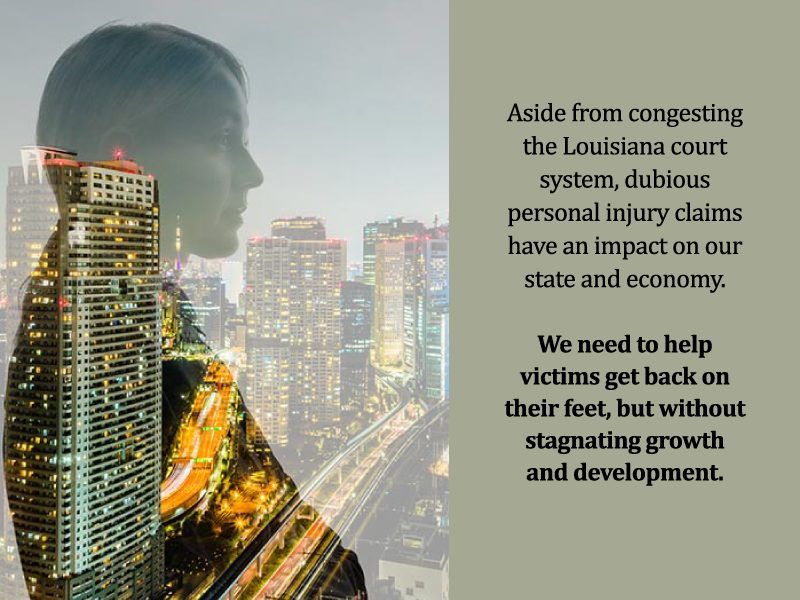
Here at the Monroe Law Office of J. Antonio Tramontana, Attorney at Law, we’re dedicated to our client’s interests as well as maintaining an equitable judicial system in the state of Louisiana. We specialize in a range of Louisiana personal injury claims including medical malpractice and auto accidents. If you have questions, we at the Monroe Law Office of J. Antonio Tramontana, Attorney at Law, want to hear from you.
For a free case review, please fill out the form to the right, or call me directly at (888) 982-1290.
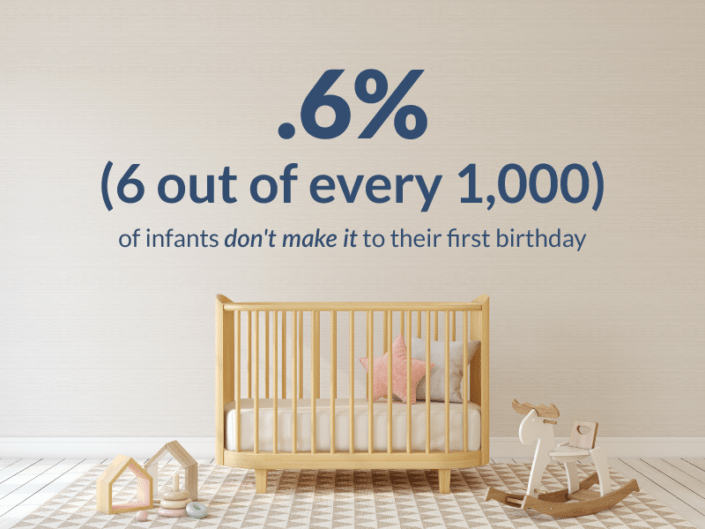
The death of an infant is devastating; it’s a life that was cut far too short. The Centers for Disease Control and Prevention (CDC) reports that .6% of infants don’t make it to their first birthday (6 out of every 1,000). The CDC monitors infant mortality rates to help depict the health and well-being of our nation.
In their most recent National Vital Statistics Report, the CDC compared live birth certificates from each state and linked them with death certificates for infants under the age of 1.
In addition to calculating the current national infant mortality rate, the CDC also looked into other factors including the cause of death, race, access to healthcare, and gestation period to understand more about infant mortality rates in the U.S.
Louisiana ranks second among all states for the highest infant mortality rate. While District of Columbia reported the highest infant mortality rates, the states with the highest rates include: Mississippi (11.46), Louisiana (9.85), Alabama (9.53), South Carolina (9.49), North Carolina (8.81), Tennessee (8.77), Ohio (8.17), West Virginia (8.16), and Georgia (8.07).
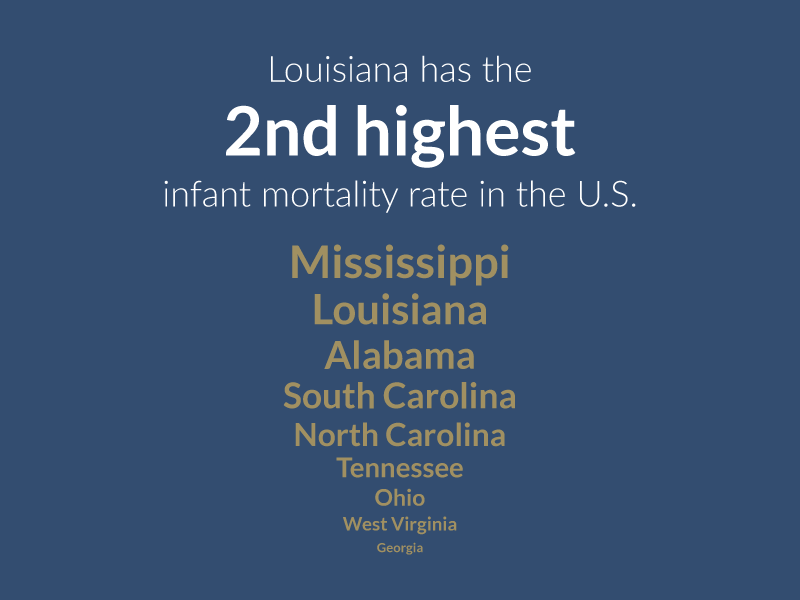
The button below highlights the CDC’s findings, including the infant mortality rate by state, and the actual number of infant deaths by state.
The CDC notes significant differences in infant mortality by race or ethnicity. For example, the mortality rate of black infants is more than twice that of white non-Hispanic infants.
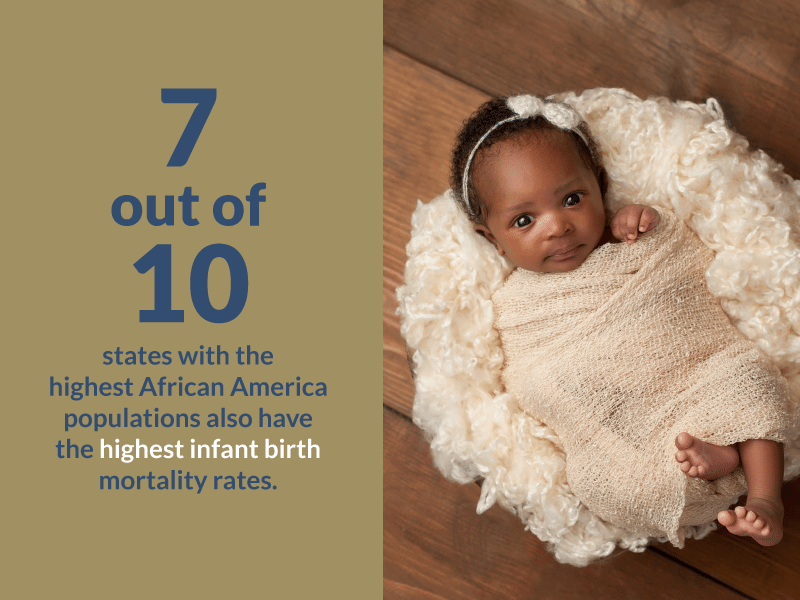
According to information from 2010 census data, states with the highest African American population currently include District of Columbia (50.08%), Mississippi (37.30%), Louisiana (32.4%), Georgia (31.4%), Maryland (30.1%), South Carolina (28.48%), Alabama (26.38%), North Carolina (21.60%), Delaware (20.95%), and Virginia (19.91%).
Seven of ten states with the highest African America populations also have the highest infant birth mortality rates.
The leading cause of infant death in the U.S. in 2013 was Congenital malformations, which are physical defects involving several parts of the body including the brain, heart, lungs, liver, bones, and intestinal tract. Congenital malformations accounted for 20% of all infant deaths that year.

Congenital malformations can be genetic, but can also be caused by environmental factors including alcohol and substance abuse. However, some disorders can be detected before birth through prenatal diagnosis screenings.
The second leading cause of infant death relates to short gestation period and low birth weight, followed by maternal complications.
Maternal complications, in particular, can often be avoided with proper prenatal care and regular health checkups. Discussing pre-existing medical conditions with a doctor before pregnancy, as well symptoms or conditions that occur during pregnancy can help reduce the likelihood of maternal complications and infant death.
In Louisiana, the mortality rate among black children is consistent with the national findings and is twice that of white, Asian, or Hispanics infants.
More specifically, the age and socioeconomic status of the mother can be correlated to high infant mortality rates. For example, mothers aged 15 to 19 in Louisiana are more likely than mothers aged 35 to 39 to suffer a loss.
While some infant deaths can’t be avoided, there are plenty of infant fatalities that can. Here in Louisiana, the Monroe Law Office of J. Antonio Tramontana may be able to help families suffering the loss of an infant by assessing whether the care and treatment of the mother and child were properly attended to during pregnancy and delivery.
We specialize in a range of Louisiana personal injury claims including medical malpractice and birth injury. If you have questions, we want to hear from you.
For a free case review, please fill out the form to the right, or call me directly at (888) 982-1290.
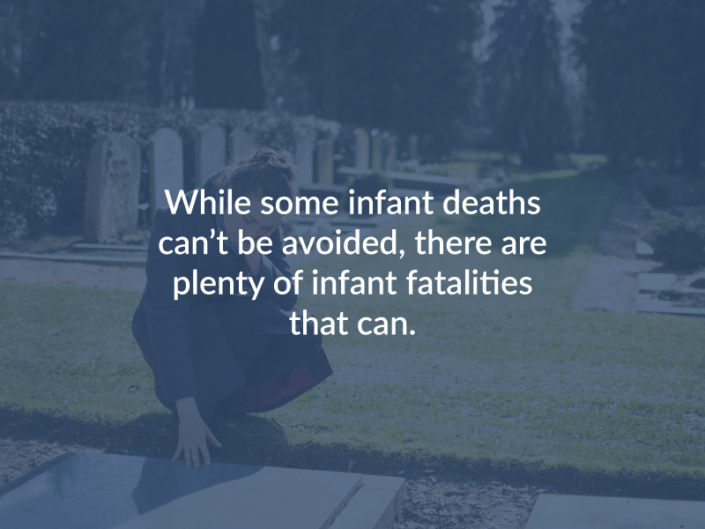
If your doctor is prescribing anticoagulant medicines for you, like Xarelto or Eliquis, beware. A recent study suggests that physicians aren’t following proper safety guidelines when prescribing these drugs. The 2 medications, along with similar anticoagulant drugs, come with safety warnings that doctors should know to follow.
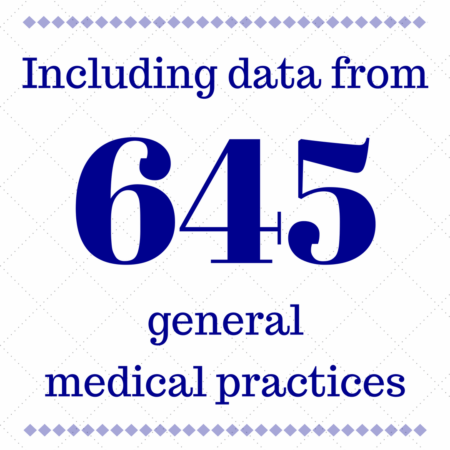
Surprisingly and alarmingly, they’re not heeding these warnings; now, the doctors and drugs are increasingly subjects of personal injury lawsuits around the United Kingdom. Are American physicians being negligent as well?
The study, which the British Journal of General Practice published in June of 2017, includes data from 645 general medical practices that contribute to a large U.K. records database, the Health Improvement Network. Researchers’ examination of the data asserts that doctors might not be responsibly considering at-risk populations when they prescribe Xarelto and Eliquis, among other anticoagulants.
Studies have found Xarelto, Eliquis, and other anticoagulant drugs to increase risk of bleeding excessively. Some people, due to their age, health condition, or even nationality, are more at risk for excessive bleeding than others. Therefore, they need careful attention. The new British Journal of General Practice study hints that doctors might be ignoring contraindications when it comes to prescribing Xarelto, Eliquis, and other anticoagulants.
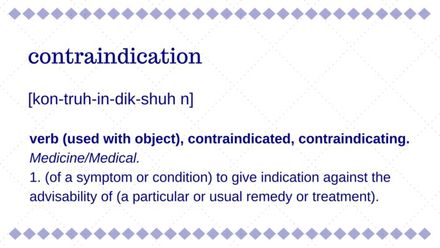
Researchers studied data of patients diagnosed with atrial fibrillation (AF), which is a condition the FDA has approved to treat with anticoagulants. These patients were 35 years or older, were prescribed anticoagulants, and had contraindications for those drugs. This means that the patients had a medical condition, or another factor was present, that rendered a certain line of treatment undesirable or improper.
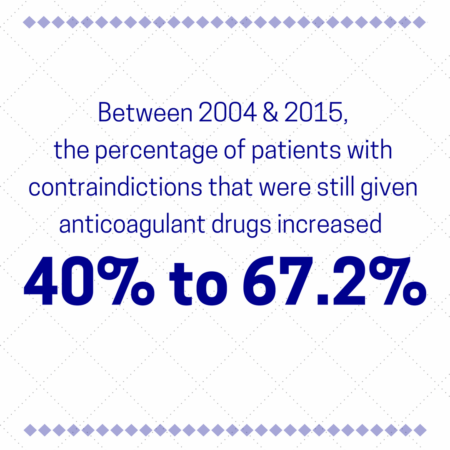
Results of the study showed that between 2004 and 2015, the percentage of patients having contraindications who were still given these medications increased. It actually bumped up from an already too-high 40% to an almost unbelievable 67.2% of patients.
As a note, prescriptions given to those without contraindications increased from 42.1% to 67.7%. Of the patients who experienced recent major bleeding in 2004, 44.3%, were prescribed anticoagulants. This number increased to 71.1% in 2015.
The study pointed to the unfortunate fact that the absence or presence of recorded contraindications had little to do with physicians’ decision to prescribe anticoagulant drugs. The study notes that roughly 38,000 patients with the AF condition get treatment in the form of anticoagulants each year.
The U.K. study gives patients reason to question whether or not their physician in the United States is paying proper attention to contraindications when prescribing anticoagulants. Improper prescription practice has major implications for the safety of patients in the U.S. and here in our state of Louisiana.
Consider that:
If you’ve been prescribed Xarelto or another anticoagulant drug, and you believe your doctor has failed to provide adequate safety warnings or has ignored safety warnings, contact us. Fill out the form on this page and someone from the law offices of Tony Tramontana will be in touch to discuss personal injury lawsuit options if you’ve been hurt by physician negligence.
It’s a 15-hour drive from Louisiana to North Carolina, a long way home for Teresa Harmony who suffered a tibia fracture in Louisiana during the spring of 2013.
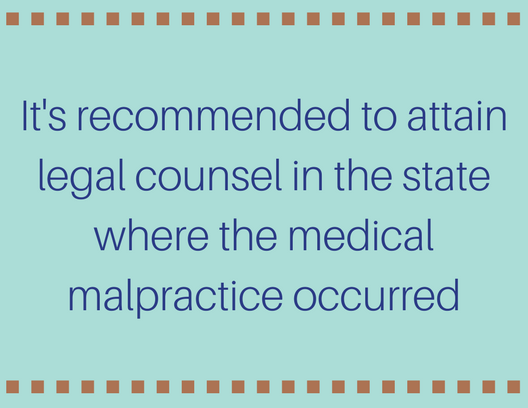
According to Harmony, after a surgery that included an intramedullary rod and screws adjoined to her tibia, she traveled back home to North Carolina. Upon her return, Harmony suffered extreme pain and sought treatment. It was at this time that North Carolina physicians informed Harmony that the rod and screws had been incorrectly placed. Harmony went through several subsequent procedures to correct her previous surgery.
Late in 2016, Harmony filed a complaint against the Louisiana doctor that performed her surgery along with the hospital where the surgery took place.
Harmony is seeking more than $75,000 in damages to cover the cost of medical procedures, lost wages, as well as pain and suffering, all of which, she alleges, occurred after the first surgery in Louisiana.
Medical Malpractice occurs when a medical professional causes harm to a patient as a result of incompetence or negligence. Medical malpractice cases may be filed against doctors not residing in a plaintiff’s home state.
In a case like Harmony’s, it is recommended to attain legal counsel in the state where the medical malpractice occurred—medical malpractice laws, statutes of limitations, and damages, vary on a state-by-state basis.
Medical malpractice lawyers in the state of origin will be the ones most capable of navigating their state’s respective laws and regulations.
Although states differ in how they handle medical malpractice cases, these types of claims are challenging to litigate across the board. Moreover, a patient’s displeasure with the results of a surgery or medical treatment doesn’t inherently translate to medical malpractice.
Nevertheless, Louisiana paid out more in medical malpractice cases than any other state in 2015.
Surgical errors are a common type of medical malpractice. Errors during surgery include mistakes during the procedure itself, operating on an unaffected body part, or leaving surgical equipment inside a patient.
Post-surgery mistakes can also result in harm to a patient; this may include prescribing incorrect treatments or medications or failing to give the patient the proper information to ensure their care upon returning home.
More common than surgery errors are medication errors. Medication errors can occur for several reasons including accidentally swapping patient medications in a hospital, poor handwriting on a prescription form, or not knowing how certain medications may interact with others.
It has been estimated that prescription drugs account for more than 200,000 deaths in the United States every year. This number seems high, but not when nearly 70% of Americans are taking at least one kind of prescription medication.
If you suspect medical malpractice, there are a couple steps you can take to make assessing a medical malpractice case a little easier.
Medical malpractice can have profound effects on a patient’s quality of life, as well as their lives of their family. This is why it’s important to seek qualified legal representation that understands the sensitivity of these cases as much as the laws that determine the validity of a medical malpractice case.
If you have any questions about medical malpractice or injury caused by a negligent doctor or medical professional, we at the Monroe law office of J. Antonio Tramontana, Attorney at Law, want to hear from you.
For a free case review, please fill out the form to the right, or call me directly at (888) 982-1290.
Just a few months ago, the Louisiana’s House Civil Law and Procedure Committee sought to take an “all-encompassing look” at laws that govern malpractice in the state. This intended action effectively put a hold on a pair of measures that would increase Louisiana’s $500,000 economic damage medical malpractice cap. For the rest of the state’s 2017 legislative regular session, the bills will not be addressed for passing, instead, they will be reviewed out of session in a broader context.
Lawmakers and stakeholders in the 2 bills, including physicians and personal injury attorneys, will look over House Bill 526 and House Bill 51, to determine if the issues raised in the measures justify adjusting the cap on jury awards, which is currently $500,000. The bills raise many questions related to the necessity of changes in terms of a monetary cap and filing time.
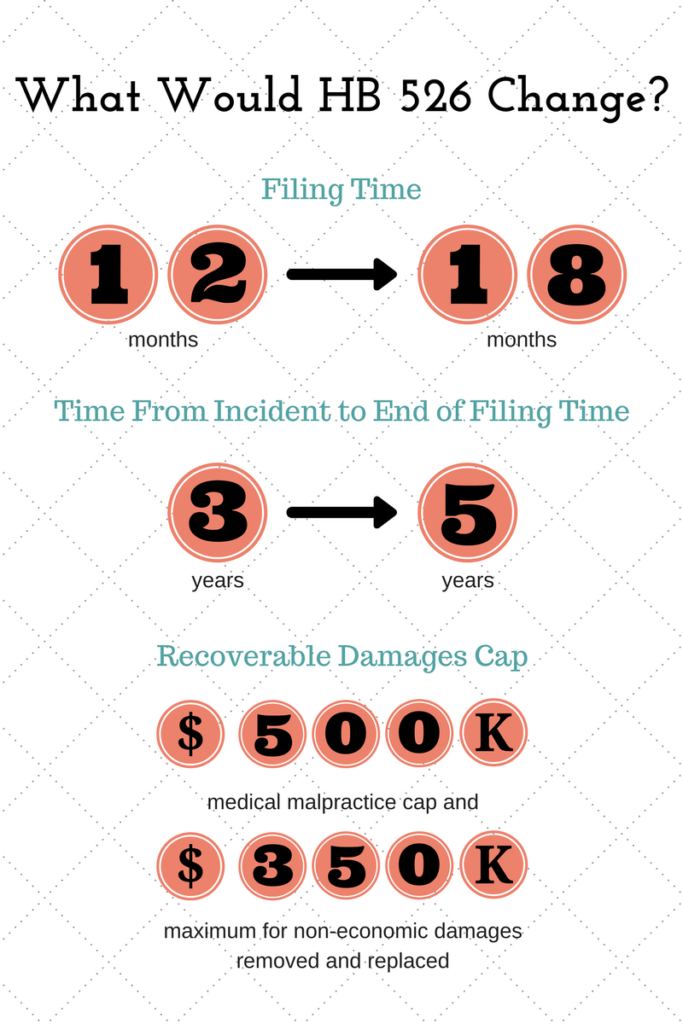
Right now, plaintiffs have 12 months after the discovery of a medical malpractice incident to file their lawsuit. HB 526 would extend that filing time to 18 months. The measure would also increase the amount of time between the incident and the latest point of allowable filing, from 3 years to 5 years.
The bill would adjust the current cap on recoverable damages as well, getting rid of the cap in place right now of $500,000 with a $350,000 maximum awarded for non-economic damages. The cap would be replaced with a new maximum award that better represents the “actual cost of past and future medical care and related benefits.”
Minden resident Corey Shadd’s grandmother died due to a misdiagnosis. He testified in favor of the new legislation, stating that the current medical malpractice cap is 43 years old and needs to be changed.
Shadd equates medical malpractice with the need to return something defective from a department store. He reasons that when you bring back a broken product, you’re refunded in full for the actual price you paid. However, there are often far more dire consequences of a defective “product” when it comes to medical malpractice, well beyond the original price of the procedure.
Rep. Tanner Maggee (R-Houma) has concerns about Shadd’s suggestion that there should be no time limits on demanding compensation for what is essentially a faulty service. Maggee questions Shadd’s insinuation that:
HB 526 would also alter the current medical review panel’s makeup. Current law states that the panel’s reviewers must come from the same specialty or class as the defendant doctor. The new measure would limit the panel to just one specialist and it would ensure that no other members are people that the physician went to school with or live near (within a 100-mile radius).
Until any bills are passed, Louisiana’s medical malpractice award and filing time caps remain the same. To understand how a change in these caps would affect any litigation that may be currently ongoing should the measures pass, it’s best to speak directly with your attorney.
Right now, the introduction of the bills and the Committee’s delay serve to bring attention to matters that many think deserve greater investigation. But, until anything changes, plaintiffs in Louisiana medical malpractice cases are subject to laws that do include strict filing times and award limits.
If you feel you have a medical malpractice case that you would like a Personal Injury Attorney to look into, fill out the contact form on this page and someone from the office of Tony Tramontana Law will be in touch with you promptly.
Louisiana has the 3rd highest number of medical malpractice lawsuits per capita in the United States: 3.4 reports per 1,000 people, according to new data analyzed by the U.S. Government's National Practitioner Data Bank.
With a population of 4.6 million, there were 15,716 medical malpractice actions taken in Louisiana between 2004 and 2014. That's an average medical malpractice action rate of 3.4 per 1,000 people (.34%) - the 3rd highest in the U.S. It's lower than Oklahoma (.41%) and Vermont (.39%), but still almost double the national average of .19%.
We define Action Taken as Medical Malpractice Payment + Adverse Action + Reinstatement Restore.
There are safeguards in place to help practitioners avoid fraudulent claims:
In 2013, three Louisiana physicians lost their licenses due to claims filed by patients. That same year, 1,706 complaints were filed, and according to the review panel, only a quarter of them required action. Of these cases, 60 percent were determined in favor of the physician.
In other words, while the patient compensation fund is quite large, the annual claim payouts are not. In fact, the average payout for most Louisiana medical malpractice cases is $368,841.
And we already know the dire straights of Louisiana's Nursing Homes.
However, Medical malpractice caps in Louisiana have not deterred patients from seeking compensation from providers. About 1,600 Louisiana patients per year ask a medical review panel to examine complaints.
Many complaints settle before the panel has a chance to review them, often when a claim is legitimate enough to avoid going to trial. The panel’s responsibility to patients and providers is to determine if there was a breach in standard care, and to award compensation from Louisiana Patient’s Compensation Fund (PCF), a fund of more than $930 million.
Back in 2009, malpractice made headlines in Louisiana when an 8-year-old girl from Orleans Parish named Chela Butler died from complications of H1N1 influenza. Plaintiffs argued that the pediatrician team misdiagnosed the child and failed to provide the antiviral medication during a pandemic. Aside from the devastating loss to the family, what’s most striking about the case was the payout for the Butler family.
A jury awarded Butler’s family $8 million after the trial; however, Louisiana’s medical malpractice laws cap these awards at $500,000, unless future medical requirements are necessary, in which case more funds are awarded in perpetuity. In this case, when it was all said and done, the family had little to show for its efforts.
Choosing an experienced malpractice lawyer can make all the difference when it comes time to send a claim to the review panel, or in the event that you feel your case should go to trial. If you have questions about medical malpractice or a personal injury claim, we want to hear from you.
According to a recent analysis conducted by two experts from John Hopkins University, medical mistakes are the third leading cause of death in the United States, exceeded only by heart disease and cancer. This statistic comes as a shock to many, leading medical professionals to search for new ways to prevent these errors from occurring.
Johns Hopkins University's Michael Daniel and Dr. Martin Makary were responsible for the analysis in question, which was published in the British Medical Journal. The two experts calculated the total number of deaths that occurred because of medical errors in recent years and determined that the approximate yearly death toll was between 200,000 and 400,000. If these numbers are correct and medical error was considered a disease, it would be the third deadliest disease in this country, falling under cancer and heart disease but above chronic obstructive pulmonary disease.
The term "medical error" takes in a number of different mistakes made by medical professionals, ranging from inaccurate diagnoses to surgical mistakes. Some of the most common medical errors that may lead to complications or death include:
Unfortunately, many of these errors don't make it onto the death certificate, which has made the total more difficult to estimate. Nonetheless, health policy experts have been trying to draw attention to this problem for at least a decade. The goal of this movement is not to blame the medical professionals, but to help them understand the problem and exercise more caution in the future.
As a patient, you trust your doctors and nurses to have the answers you need. However, because these professionals are human, mistakes will always be a part of medical care. To protect yourself and reduce the chances of becoming a victim of medical error:
Even when you make all the right choices, you or a loved one may still become a victim of medical error. If you believe that you or someone you know has experienced medical complications as a result of an error made by a doctor, nurse or other professional, seeking legal counsel is highly recommended. To learn more about your options or to find out whether you have a case, please call J. Antonio Tramontana today.
We trust nursing home facilities to provide ongoing care for our aging loved ones, but how much care is actually being taken to ensure their safety and well-being? It turns out the answer is not much in the state of Louisiana. With 90% of nursing homes insufficiently staffed and 85% of residents suffering from malnutrition, Louisiana nursing homes may be in worse shape than you could have ever imagined.

Can your Facebook posts be used against you in a civil lawsuit? With the increasing growth of social media, many judges have had to confront this question, especially in cases related to medical malpractice. While most lawyers will answer that question with “It depends,” it’s important to realize that social media data is no different than any other type of electronic data. What you share with friends on Facebook can be used in court.
Typically, the courts have held that there can be no reasonable expectation of privacy since Facebook’s homepage specifically states that “Facebook helps you connect and share with the people in your life.” Even if you’ve blocked photos and posts, that information may still be discoverable if it’s relevant to a lawsuit you’re a part of. The key issue is whether or not the party seeking to access your profile has a legitimate reason for doing so. The courts have applied this standard in order to determine whether a litigant’s Facebook posts will be discoverable. It must be shown that the requested information may reasonably lead to the discovery of evidence that is admissible.
If you’ve made Facebook posts about all the fun you had on your latest skiing expedition after alleging serious and permanent injuries from an auto accident, that information is relevant to the lawsuit from the car accident and will be discoverable. The plaintiff in Largent vs. Reed found that out the hard way. She was ordered by the court to turn over her Facebook log-in information to the defense counsel. At the same time, it’s important to note that Facebook posts aren’t discoverable if your opponent just want to go on a fishing expedition to find out what you’ve been doing over the last several years.
In a Louisiana personal injury case- Farley v. Callais & Sons, LLC - a federal judge ordered of all posts his lawyer determined to be related to the accident in question or plaintiff’s alleged injuries. The Judge would not, however, require Plaintiff to share his Facebook login information or sign an authorization permitting defendants to get the information directly from Facebook.
In the case of Zimmerman vs. Weis Markets, the plaintiff claimed permanent injuries while using a fork lift. At the same time, he posted that he enjoyed bike stunts on the public portion of his Facebook page. The court determined that this information was relevant to the legitimacy of his claims. Privacy interests didn’t trump the discovery requests in this case.
At the same time, the court is fair in its rulings of what’s discoverable and what’s not. In the case of Tompkins vs. Detroit Metropolitan Airport, the plaintiff claimed back injuries due to a slip and fall at the airport. The defendant came upon some plaintiff photos showing him pushing a shopping cart and holding a dog. The court rule that these photos weren’t inconsistent with the plaintiff’s injuries. Furthermore, the court stated that pictures showing the plaintiff jogging or playing golf would’ve shown an inconsistency in the plaintiff’s claim and would’ve have been discoverable.
Information on social media platforms like Facebook is subject to the same duty to preserve as other types of electronically stored data. This duty is triggered when parties can foresee that its information may be relevant to the issues surrounding the litigation. All evidence in a party’s control, custody and possession is subject to the duty to preserve. That means you can’t delete or clean-up any existing data on Facebook, including posts and photos. Failure to preserve relevant evidence can result in sanctions for both counsel and client. In Lester vs. Allied Concrete, the court sanctioned both counsel and the plaintiff for engaging in spoiling the evidence. The lawyer had instructed his paralegal to tell the plaintiff to clean up his Facebook page. Together, the paralegal and the client deleted 16 pages from his account and deactivated his page. The photos were later recovered by a forensic expert, and sanctions were given due to the misconduct.
If you're involved in a case that involves social media evidence, you should contact an experienced attorney like J. Antonio Tramontana. Get a free consultation today.